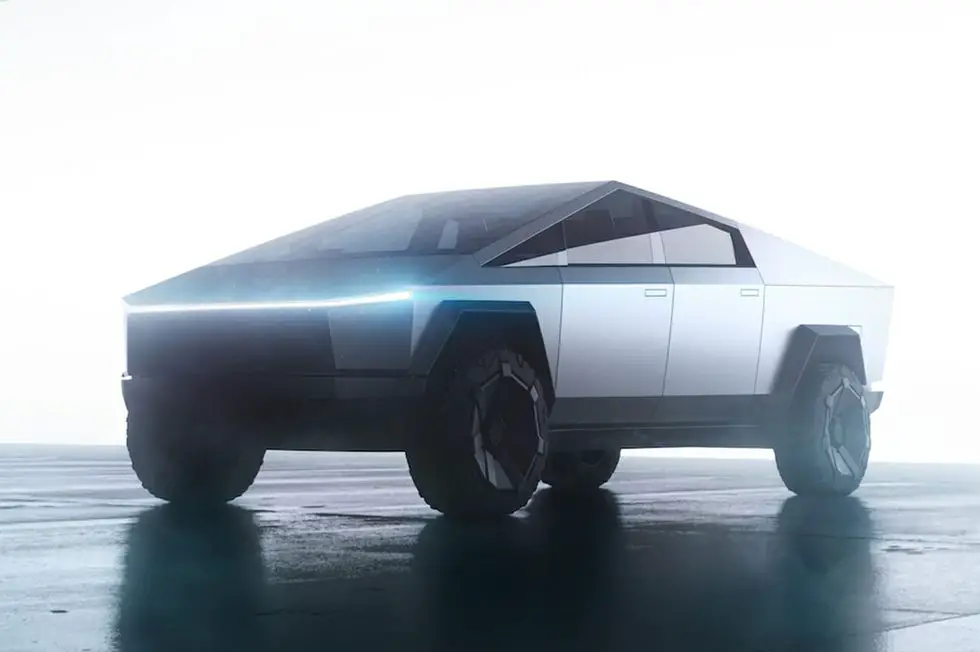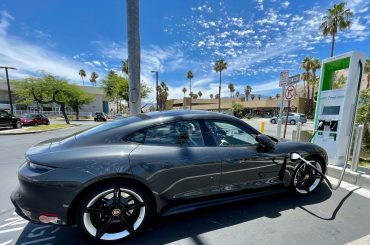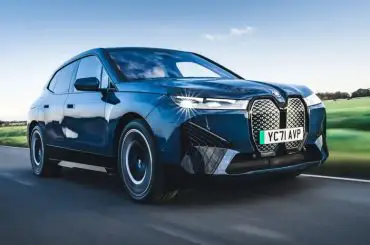Contents
Introduction
Electric cars have come a long way in the past decade. With improvements in battery technology, charging infrastructure, and autonomous driving, the future of electric cars is looking brighter than ever before. In this blog post, we’ll explore some of the most exciting advancements that we can expect to see in the world of electric cars.
Battery Technology in Future Electric Cars
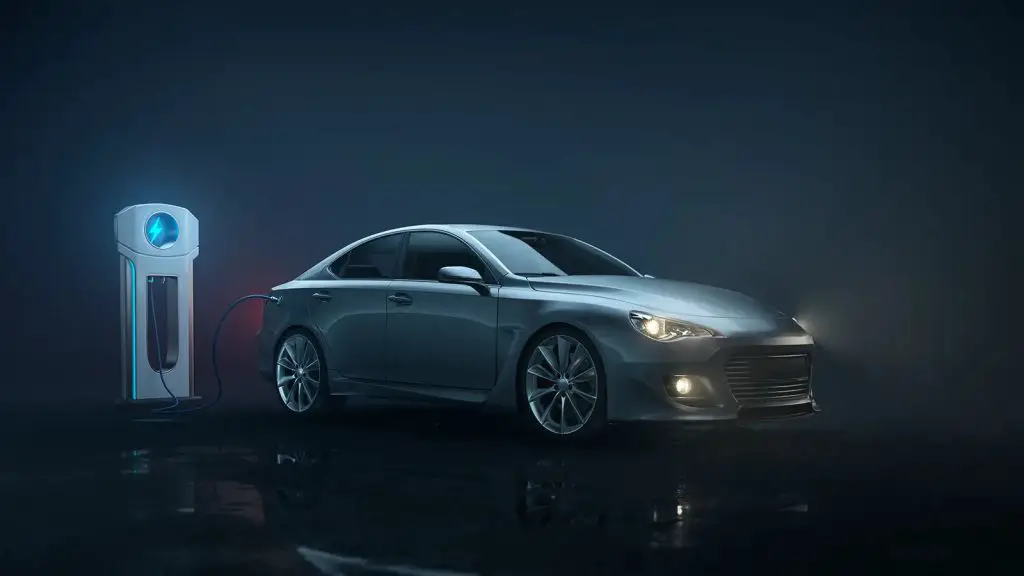
One of the biggest challenges facing electric cars is range anxiety. This is the fear that the car’s battery will run out of charge before reaching its destination, leaving the driver stranded. While the range has been improving steadily, there is still a lot of room for improvement.
Fortunately, researchers are working on new types of batteries that could offer significant improvements in terms of energy density and overall lifespan. One example is solid-state batteries, which use a solid electrolyte instead of a liquid one. This makes them potentially safer and more energy-dense than traditional lithium-ion batteries.
Another possibility is lithium-sulfur batteries, which could offer even greater energy density and lower costs than lithium-ion batteries. Lithium-sulfur batteries use sulfur instead of cobalt, which is a rare and expensive metal used in lithium-ion batteries. This could make more affordable and accessible to a wider range of consumers.
Charging Infrastructure
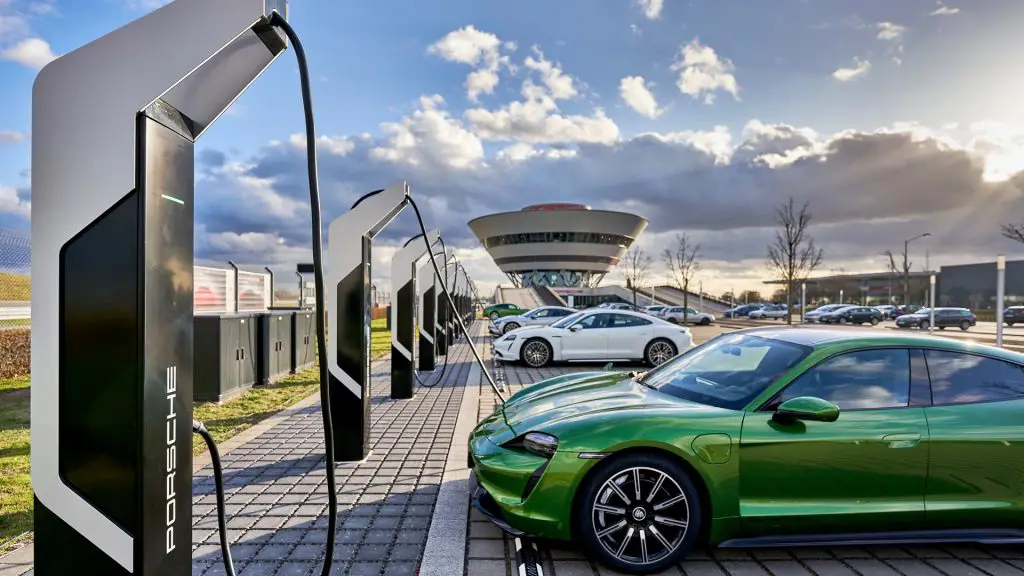
Another major challenge facing electric cars is the lack of charging infrastructure. While there are more charging stations than ever before, they are still not as widespread as gas stations. This can make it difficult for owners to take long trips or travel to areas where charging stations are scarce.
However, this is changing rapidly. Companies like Tesla are working on supercharging stations that can add hundreds of miles of range in just a few minutes. Additionally, other companies are developing wireless charging technology that could eliminate the need for cables and charging stations altogether.
Autonomous Driving
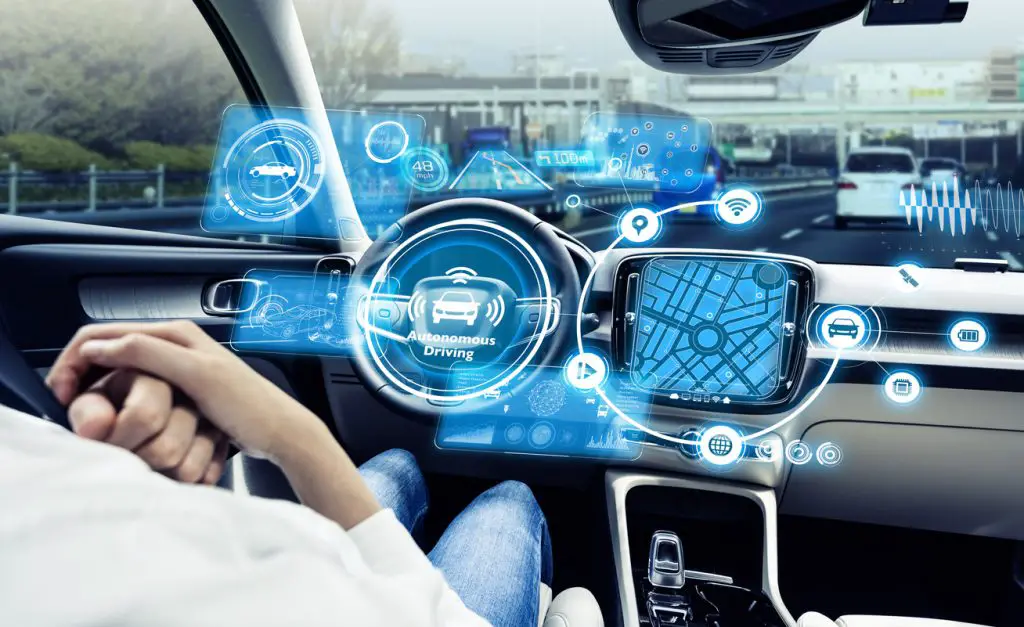
One of the most exciting developments in the world of electric cars is autonomous driving technology. While this is not specific , it will have a significant impact on their adoption. As self-driving cars become more common, people will be able to rely on them for their daily commute or other trips, reducing the need for personal car ownership.
This, in turn, will make electric cars more accessible and convenient for a wider range of people. For example, car-sharing services like Uber and Lyft are already experimenting with autonomous vehicles. This could eventually lead to a future where most cars on the road are electric and self-driving.
Design
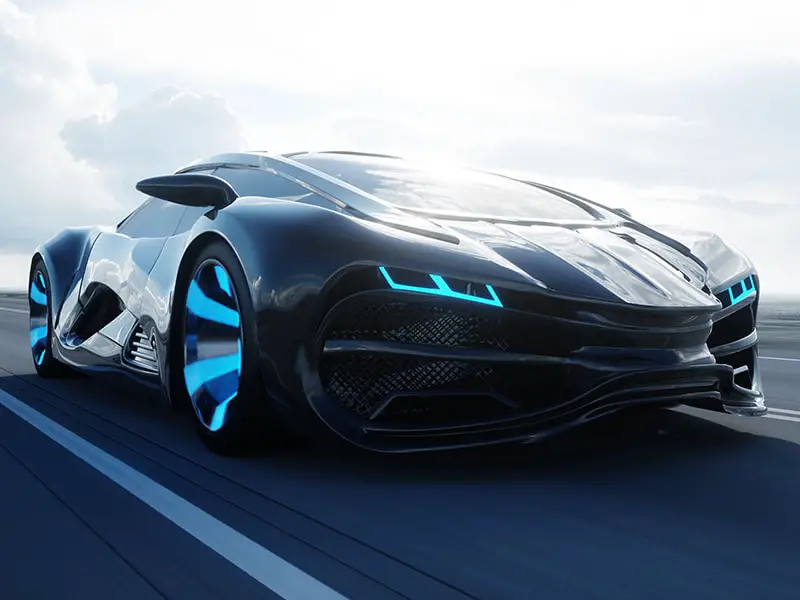
Finally, electric cars offer designers a unique opportunity to create vehicles that look and feel different from traditional gas-powered cars. Electric drivetrains allow for greater flexibility in terms of layout and packaging, which means designers can create cars that are more spacious and comfortable on the inside.
Additionally, electric cars are often more aerodynamic than gas-powered cars, which can result in sleeker and more futuristic designs. We can also expect to see new types of vehicles that are optimized for urban environments, such as compact cars and electric bicycles.
Conclusion
In conclusion, the future of electric cars is looking bright. With advancements in battery technology, charging infrastructure, autonomous driving, and design, we can expect to see a wider range of electric cars on the road, offering cleaner and more efficient transportation for everyone. Whether you’re an early adopter or a traditionalist, there’s no denying that the future of transportation is electric.
In addition to the advancements mentioned above, there are other technologies that are being developed to further improve electric cars. For example, regenerative braking is a technology that allows electric cars to capture energy that is normally lost during braking and store it in the battery. This can increase the overall range of the car and reduce the amount of energy needed for charging.
Moreover, advancements in renewable energy sources, such as solar and wind power, are making it possible for electric cars to be powered by clean, renewable energy. This can significantly reduce carbon emissions and help combat climate change.
Overall, the future of electric cars is full of promise. With advancements in battery technology, charging infrastructure, autonomous driving, design, and other technologies, electric cars will continue to become more accessible, affordable, and sustainable. It’s an exciting time to be part of the transition to electric transportation, and the possibilities are endless.

